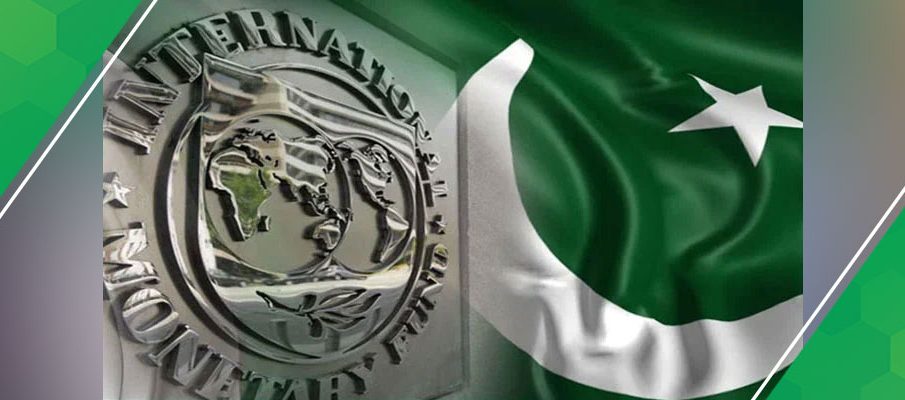Pakistan and the IMF: Navigating Economic Turbulence

Introduction
The relationship between Pakistan and the International Monetary Fund (IMF) has become increasingly crucial in the face of the country’s dire economic situation. With soaring inflation, a depreciating currency, and dwindling foreign reserves, Pakistan’s reliance on IMF support has intensified over the past year. As the country strives for financial stability, understanding the implications of this partnership is vital for its citizens and the global community.
Current Economic Landscape
As of 2023, Pakistan’s economy is grappling with significant challenges. The inflation rate reached a staggering 30% in June, the highest recorded in recent years. This runaway inflation has severely impacted citizens’ purchasing power and led to widespread discontent. In response, the Pakistani government turned to the IMF for a $3 billion bailout package aimed at stabilizing the economy and unlocking additional funding from other international donors.
The IMF’s conditions for the bailout have included stringent fiscal measures, including raising taxes and reducing subsidies. These measures are often met with resistance from the populace, who are already struggling under the strain of economic hardship. Moreover, the depreciation of the Pakistani rupee has exacerbated the situation, with the currency falling approximately 26% against the US dollar since January 2023.
Political and Social Implications
The political landscape in Pakistan is also affected by the ongoing negotiations with the IMF. The government faces pressure from opposition parties that criticize its handling of the economic crisis. Furthermore, public protests have erupted across the country, demanding relief from the severe economic conditions. The socio-political stability of Pakistan is at risk if the government fails to implement effective policies that align with the IMF’s requirements while also addressing the needs of its citizens.
Conclusion
The path forward for Pakistan remains uncertain. While the IMF’s assistance could provide crucial short-term relief, the sustainability of this support hinges on the government’s ability to implement reform measures effectively. Economists predict that achieving long-term stability will require not just financial assistance but also structural reforms to boost domestic production and investment. For the average Pakistani, navigating the immediate hardships amid this economic turbulence is a pressing concern, making the outcome of Pakistan’s engagement with the IMF of significant interest.









